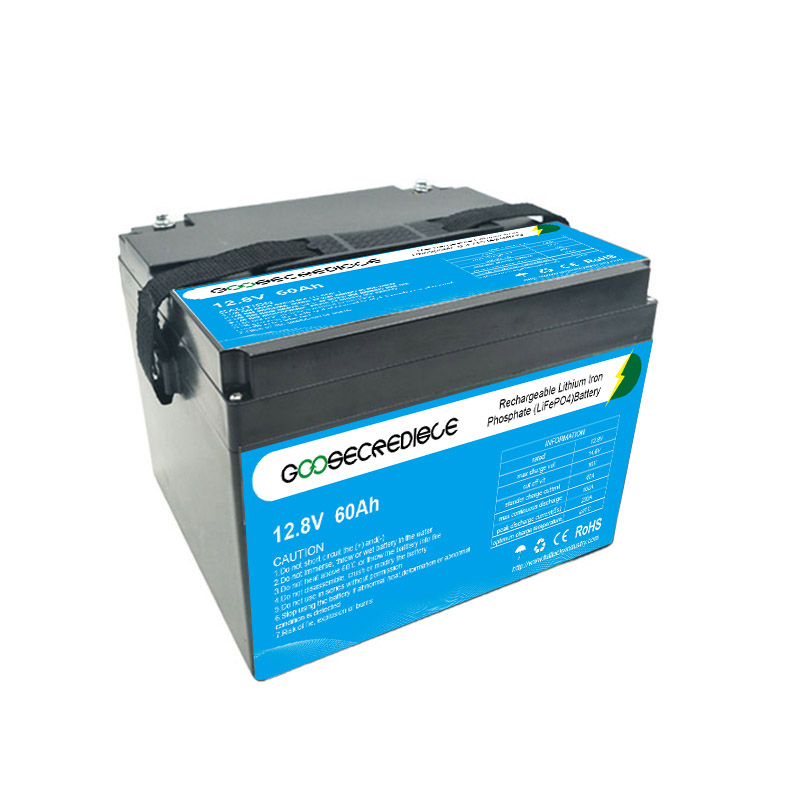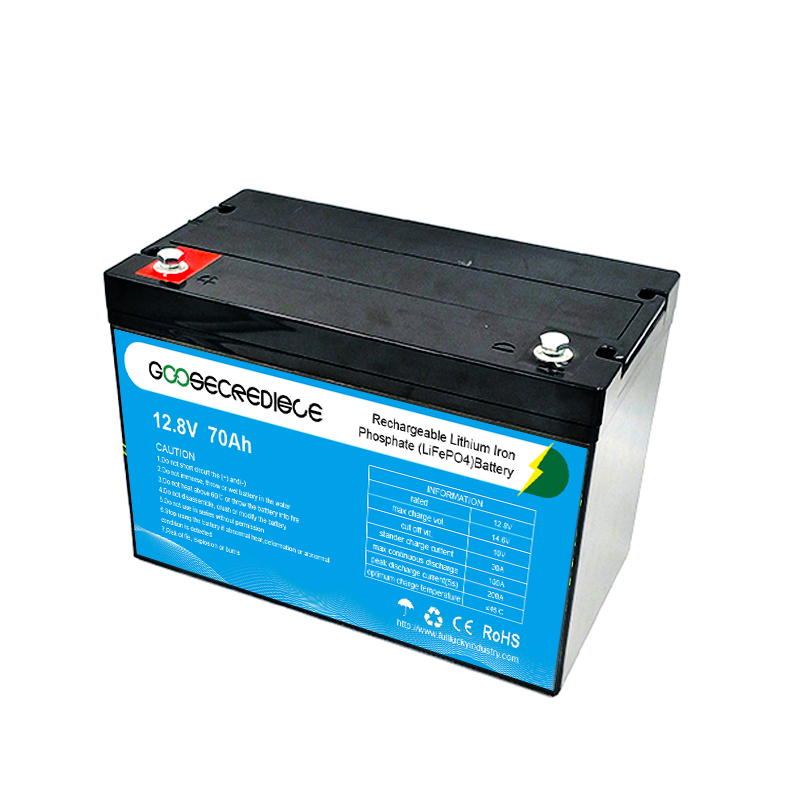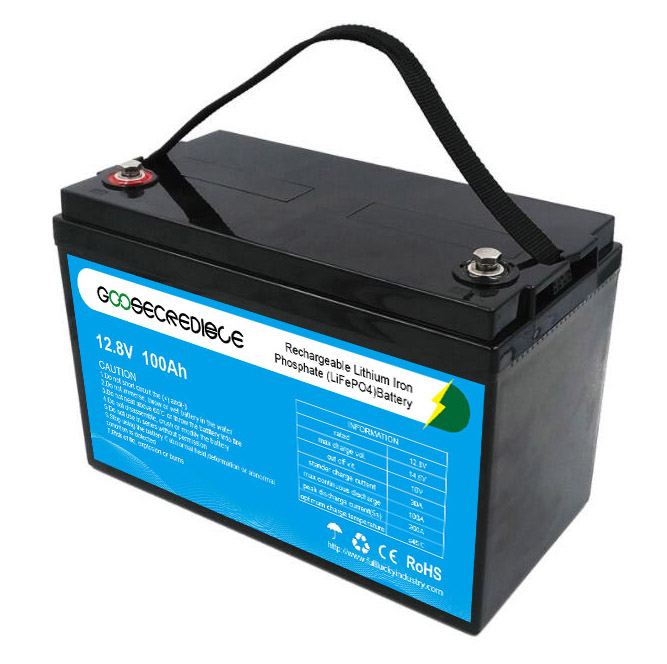Choosing the Right Starter Battery Supplier for Your Automotive Needs
A reliable and efficient starter battery is essential for any vehicle to function properly. Whether you own a car, truck, boat, or any other type of vehicle, the battery is the heart of the system. It provides the initial power to start the engine and also powers the vehicle’s electrical components. Therefore, it is crucial to choose the right starter battery supplier to ensure your vehicle’s optimal performance and longevity.
With so many starter battery suppliers in the market, selecting the right one can be overwhelming. Here are some factors to consider when choosing a starter battery supplier:
Quality: Look for a supplier that offers high-quality starter batteries. Quality batteries are essential for optimal performance and longevity.
Compatibility: Ensure that the starter battery is compatible with your vehicle. The supplier should be able to provide the right battery size, voltage, and specifications to match your vehicle’s requirements.

Reputation: Look for a supplier with a good reputation in the industry. Read customer reviews and testimonials to get an idea of the supplier’s reliability, customer service, and product quality.
Warranty: A good supplier should offer a warranty for their batteries. This gives you peace of mind knowing that you are covered in case of any defects or issues.
Price: Price is an essential factor when choosing a starter battery supplier. However, it should not be the only factor. Consider the quality, reputation, and warranty of the supplier before making a decision.
Once you have selected a supplier, you can enjoy the benefits of having a reliable and efficient starter battery for your vehicle.
Time: 2023-4-16
Portable jump starter battery packs have become a popular accessory for car owners. They are a reliable on-the-go power solution that can jumpstart your vehicle in case of a dead battery. These battery packs come in various sizes and capacities, and they are designed to provide enough power to start your car or truck. One of the significant advantages of portable jump starter battery packs is that they are incredibly convenient. They are compact, lightweight, and easy to carry around. They can fit in the trunk of your car, in a backpack, or a small storage compartment. You can take them with you on road trips, camping trips, or any other outdoor adventure where you need a reliable power source. Another advantage of portable jump starter battery packs is that they are easy to use. Most models come with clear instructions, and you don need any special skills to operate them. You simply connect the battery pack to your car battery, and you good to go. Some models even come with built-in LED lights and other features that make them even more versatile. Portable jump starter battery packs are also a cost-effective solution when compared to traditional jump-starting methods. If you were to call a tow truck or a roadside assistance service, you would have to pay a significant amount of money for their services. With a portable jump starter battery pack, you can jumpstart your car yourself and save money in the process. When...
Time: 2023-5-12
Lithium Iron Phosphate (LiFePO4) batteries are becoming increasingly popular due to their high energy density, long cycle life, and improved safety compared to other lithium-ion batteries. In this article, we will take a closer look at LiFePO4 batteries, their characteristics, advantages, and usage. Chemical Composition LiFePO4 batteries are made up of three main components: a cathode, an anode, and an electrolyte. The cathode is made up of lithium iron phosphate, which is a stable and non-toxic material. The anode is typically made up of graphite, which is also a stable and non-toxic material. The electrolyte is a lithium salt in an organic solvent, which allows the flow of ions between the cathode and anode. Voltage and Capacity LiFePO4 batteries have a nominal voltage of 3.2 volts per cell, which is lower than other lithium-ion batteries. This means that more cells are required to achieve the same voltage as other batteries. However, LiFePO4 batteries have a higher energy density, which means they can store more energy per unit of volume or weight. The capacity of a LiFePO4 battery is typically measured in ampere-hours (Ah), which represents the amount of current the battery can deliver over a certain period of time. Cycle Life LiFePO4 batteries have a long cycle life, which means they can be charged and discharged many times without losing capacity. The cycle life of a LiFePO4 battery depends on several factors, including the depth of discharge, the charging rate, and the temperature. LiFePO4...
Time: 2023-9-26
In today's rapidly evolving world, the demand for clean and sustainable energy sources is more pressing than ever before. As the world population continues to grow and economies expand, the need for efficient and reliable energy storage solutions becomes increasingly crucial. One such solution that has gained significant attention and growth in recent years is the battery industry. Batteries have emerged as a game-changer in various sectors, including transportation, renewable energy, and consumer electronics. This article explores the evolution of the battery industry in the global market and its potential to shape the future. The battery industry has come a long way since its inception. Early batteries were primitive, bulky, and had limited capabilities. However, advancements in technology and materials have revolutionized this industry, making batteries smaller, more powerful, and versatile. Lithium-ion batteries, pioneered by scientists in the 1970s, have emerged as the dominant technology in the modern battery market. Their high energy density, lightweight design, and rechargeable nature have made them the preferred choice for numerous applications. The transportation sector has been one of the primary beneficiaries of the battery industry's evolution. Electric vehicles (EVs) have gained significant popularity in recent years, with many countries and automakers pledging to transition to electric mobility. This shift is driven by concerns over climate change, air pollution, and the depletion of fossil fuel reserves. Today's EVs are powered by lithium-ion batteries that offer longer ranges, faster charging times, and improved performance. This transition to electric mobility is not only reducing...
Time: 2023-11-25
The demand for clean and sustainable energy sources has been on the rise in recent years due to growing concerns about climate change and the need to reduce greenhouse gas emissions. As a result, the development of efficient and reliable energy storage systems has become a key focus of research and innovation. Among the various technologies available, lithium batteries have emerged as a promising solution for revolutionizing energy storage in power stations. In this article, we will explore the advantages of lithium batteries, their applications in power stations, and the potential impact they can have on our energy landscape. Advantages of Lithium Batteries Lithium batteries offer several advantages over traditional energy storage technologies. One of the main advantages is their high energy density. Lithium batteries can store a significant amount of energy in a compact and lightweight package, making them ideal for applications where space is limited. Additionally, lithium batteries have a long cycle life, meaning they can be charged and discharged many times without significant degradation. This makes them a cost-effective option for long-term energy storage. Furthermore, lithium batteries have a high charging and discharging efficiency, which means that a smaller amount of energy is lost during the charging and discharging process. This efficiency is crucial for maximizing the overall energy storage capacity of power stations, as it ensures that more energy is available for use when needed. Lastly, lithium batteries have a fast response time, allowing them to quickly respond to changes in energy demand....
Time: 2023-5-7
Introduction Riding a motorcycle is an exhilarating experience, but it can be frustrating when your bike doesn't start due to a dead battery. This is where a Lifepo4 motorcycle battery comes in. It's a high-performance battery that offers better power and longer lifespan than traditional lead-acid batteries. In this article, we will explore the benefits of a Lifepo4 motorcycle battery and why you should consider upgrading your bike's battery. What is a Lifepo4 Motorcycle Battery? Lifepo4 stands for lithium iron phosphate, which is the material used to make the cells of the battery. A Lifepo4 motorcycle battery is a type of lithium-ion battery that is widely used in motorcycles due to its lightweight, high power output, and long lifespan. It's also known for its safety features, as it is less prone to thermal runaway or explosion compared to other types of lithium-ion batteries. Benefits of a Lifepo4 Motorcycle Battery 1. Higher Performance One of the primary benefits of a Lifepo4 motorcycle battery is its high performance. It has a higher power output than traditional lead-acid batteries, which means your motorcycle will start faster and run smoother. It also maintains a stable voltage throughout its lifespan, so you don't have to worry about your bike's battery dying in the middle of a ride. 2. Longer Lifespan Another advantage of a Lifepo4 motorcycle battery is its longer lifespan. It can last up to three times longer than a lead-acid battery, which means you won't...
Time: 2024-1-3
Communication base stations play a crucial role in providing reliable wireless communication services. These stations require a continuous power supply to ensure uninterrupted operations. Traditionally, lead-acid batteries have been used as the primary power source for base stations. However, recent advancements in lithium battery technology have revolutionized the industry. Lithium batteries offer numerous advantages over lead-acid batteries, including higher energy density, longer lifespan, and improved efficiency. This article will explore the advancements in lithium battery technology for communication base stations. Higher Energy Density: Lithium batteries have a significantly higher energy density compared to lead-acid batteries. This means that they can store more energy per unit volume or weight, allowing for a compact and lightweight battery system. Base stations equipped with lithium batteries can occupy less space and require fewer batteries to achieve the same power capacity. This higher energy density also translates to longer backup power duration, ensuring uninterrupted operation during power outages or emergencies. Longer Lifespan: One of the key advantages of lithium batteries is their longer lifespan. While lead-acid batteries typically last for 3-5 years, lithium batteries can endure up to 10 years or more. This extended lifespan reduces the frequency of battery replacements, saving both time and money for communication base station operators. Additionally, lithium batteries require minimal maintenance compared to lead-acid batteries, further reducing operational costs. Improved Efficiency: Lithium batteries offer higher charge and discharge efficiency compared to lead-acid batteries. This means that a greater proportion of the stored energy is...
Time: 2024-10-14
Lithium-ion battery, as one of the core technologies in the field of modern energy storage, has been attracting attention since its birth with its excellent performance and wide application prospects. This article will deeply explore the basic principles, structural composition and unique advantages of lithium-ion batteries in energy storage, and reveal the secrets of this technological product to you. 1. Basic Principles Li-ion battery is a secondary battery, that is, a rechargeable battery, and its working principle mainly depends on the movement of lithium ions between the positive electrode and the negative electrode. During the charging process, lithium ions are deintercalated from the positive electrode material and embedded into the negative electrode material through the electrolyte, making the negative electrode in a lithium-rich state; while during the discharging process, lithium ions are deintercalated from the negative electrode material and returned to the positive electrode through the electrolyte to complete a complete charging and discharging cycle. This process is commonly referred to as the "rocking chair battery" effect. 2. Structural Composition The structure of Li-ion battery is relatively complex, but it mainly consists of the following main parts: Positive electrode: The positive electrode is an important component of lithium-ion batteries, and usually uses lithium-containing oxides as active materials, such as lithium cobalt oxide (LixCoO2). The choice of positive electrode material directly affects the performance of the battery, including energy density, cycle life, etc. Negative electrode: The negative electrode usually uses carbon materials such as graphite or petroleum coke as active materials....
Time: 2023-6-2
As our world becomes more and more dependent on technology, the need for sustainable and efficient energy storage solutions continues to grow. One promising solution is the Lithium Iron Phosphate (LiFePO4) battery pack, which offers many benefits over traditional lead-acid batteries as well as other lithium-ion battery chemistries. LiFePO4 batteries are a type of lithium-ion battery that use iron phosphate as the cathode material. Compared to lead-acid batteries, LiFePO4 batteries have a higher energy density, longer cycle life, and faster recharge times. They are also safer and more environmentally friendly since they do not contain toxic lead or acid. One of the primary advantages of LiFePO4 batteries is their high energy density. This means they can store more energy in a smaller space, making them ideal for applications where space is limited, such as in electric vehicles. They also have a longer cycle life than lead-acid batteries, meaning they can be charged and discharged many more times without significantly degrading their performance. This makes them a cost-effective solution in the long run, as they require less frequent replacement. Another benefit of LiFePO4 batteries is their ability to charge quickly. Traditional lead-acid batteries can take a long time to charge, especially if they are deeply discharged. LiFePO4 batteries, on the other hand, can be charged much faster, reducing downtime and increasing productivity. They also have a lower self-discharge rate, meaning they can hold their charge for longer periods of time without needing to be recharged. LiFePO4 batteries...





















